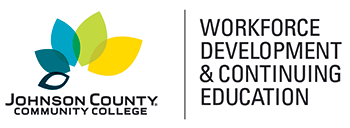Lesson 1: PMI and PMBOK
Lesson 1 explores the structure of the PMP© exam and the tools and techniques that will help you prepare for the exam. You will examine the value of the PMP© certification and the requirements to apply. You will learn about the PMBOK© 7th edition differences from previous editions and strategies to help prepare you for the exam.
Lesson 2: Understanding Projects
Lesson 2 acclimates you to the project environment by defining a project and exploring the project manager's roles and responsibilities. You will identify basic project management terminology and learn about the differences in project management concepts.
Lesson 3: Stakeholder Performance Domain
Lesson 3 covers the stakeholder performance domain, the first of eight performance domains discussed in this course. You will learn about the activities and functions of project stakeholders and identify strategies to engage and analyze stakeholders and sponsors. The leadership structures in waterfall and agile projects are also compared.
Lesson 4: Team Performance Domain
Lesson 4 covers the team performance domain. This lesson focuses on the activities and functions of those responsible for delivering project deliverables. It identifies ways you can empower stakeholders to work on a project. You will learn about the unique advantages of diverse projects and teams and compare the roles and responsibilities in waterfall vs. agile teams.
Lesson 5: Development Approach and Lifecycle Performance Domain
Lesson 5 is about the development approach and lifecycle performance domain. This lesson focuses on the activities and functions associated with the development approach, the delivery cadence, and the phases of the life cycle of a project. You'll learn about how to apply this domain to both waterfall and agile projects and how to track your project's progress.
Lesson 6: Planning Performance Domain
Lesson 6 is about the planning performance domain. In this lesson, you will focus on the work you and the project team do to plan for project coordination. You'll learn about defining the project scope and objectives and the documentation needed for a project. You also identify how to incorporate scope changes into a project. Differences in project planning for predictive and agile methodologies are discussed.
Lesson 7: Project Work Performance Domain
Lesson 7 covers the project work performance domain, which addresses the work effort associated with creating team norms, processes, and managing resources. You will learn about the processes in a project and identify project constraints. You will also examine project deliverables and cadences.
Lesson 8: Delivery Performance Domain
Lesson 8 reviews the delivery performance domain, ensuring the project deliverables' quality and scope are achieved. You will learn how the project benefits the stakeholders and receivers and how to communicate when unexpected outcomes need resolution. You will also examine how to measure project progress using various methodologies.
Lesson 9: Measurement Performance Domain
Lesson 9 reviews the measurement performance domain, which assesses the project's performance and what actions you can take to ensure that the performance meets stakeholder expectations. You will identify measures for projects and analyze team progress and performance. You will also explore how to present project progress to stakeholders.
Lesson 10: Uncertainties Performance Domain
Lesson 10 reviews the uncertainties performance domain, which is definitely risky business. You will learn about risks and issues and risk mitigation processes. You will identify how uncertainties appear on different project types.
Lesson 11: Models, Methods, and Artifacts
Lesson 11 reviews the models, methods, and artifacts. It covers the tools and techniques a project manager would typically have for a project and are used throughout the lifecycle, not limited to one performance domain. You will identify project management models and commonly used methods and artifacts.
Lesson 12: Post- PMP Certification
Lesson 12 reviews common transitions, working with other PMs, and life after the PMP. You will learn to work with a project management office to evolve projects and programs. You will explore how organizational change impacts projects. You will also examine post-exam requirements to maintain your certification and grow your skillset.




